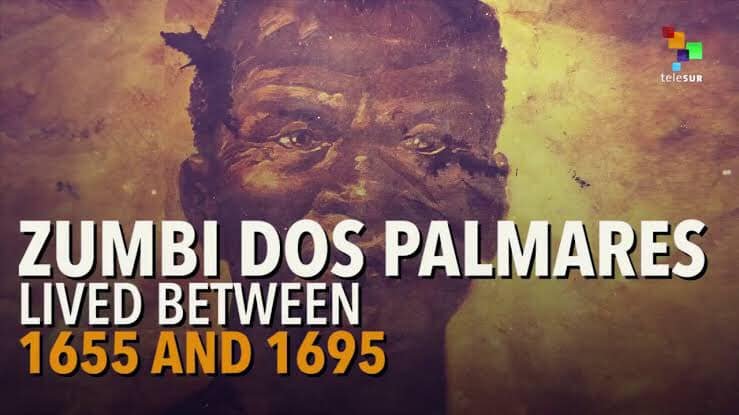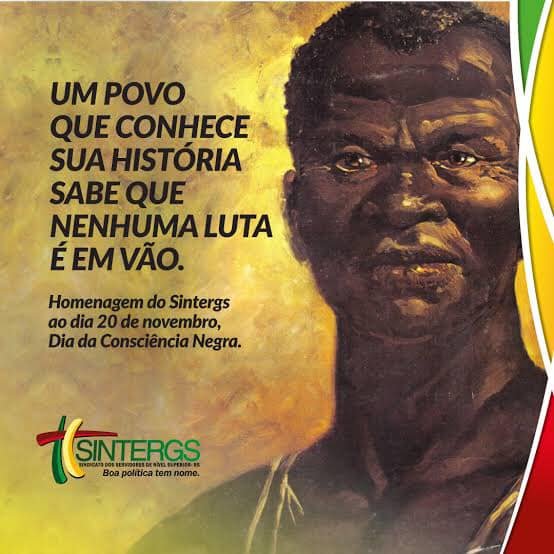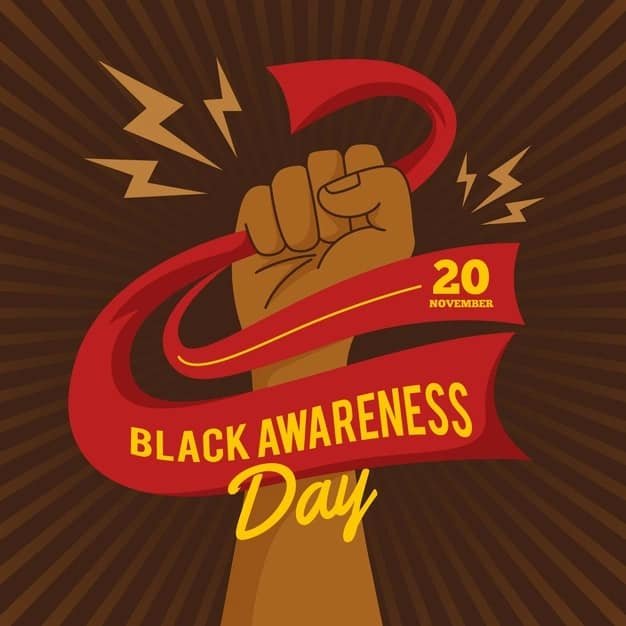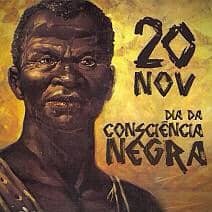Black Awareness






Black Awareness Day: A Brief History
Black Awareness Day, or "Dia da Consciência Negra," has been celebrated in Brazil since the 1960s, gaining prominence. Initially observed on May 13, the day marking the abolition of slavery in Brazil in 1888, the celebration was later moved to November 20. This change was made to honour the death of Zumbi dos Palmares, a prominent leader of the Quilombo dos Palmares and a symbol of resistance against oppression. This day is sometimes referred to as "Zumbi Day."
Official Recognition
Black Awareness Day is an official state holiday in several Brazilian states, including Alagoas, Amazonas, Amapá, Mato Grosso, and Rio de Janeiro. It is also recognized and celebrated in numerous cities across the country. The day serves as a reminder of the struggles and contributions of Black Brazilians throughout history and encourages reflection and action towards racial equality.
The Legacy of Zumbi dos Palmares
Zumbi dos Palmares is celebrated as a hero in Brazilian history, particularly for his leadership in the Quilombo dos Palmares, a refuge for escaped slaves. Born free in 1655, Zumbi was captured as a child and enslaved by Portuguese colonizers. He eventually escaped and returned to Palmares, where he became a significant leader. Under his leadership, Palmares became a symbol of resistance and hope for enslaved people.
Zumbi's legacy is especially important in the context of Capoeira, a Brazilian martial art that blends dance, music, and acrobatics. Capoeira itself was developed by African slaves as a form of cultural expression and resistance. Zumbi’s fight against oppression resonates deeply within the Capoeira community, emphasizing the enduring spirit of resistance and resilience.
The Ladainha: A Reflection of Struggle and Resistance
The ladainha, a traditional Capoeira song, reflects the enduring struggle of Black Brazilians and the importance of Zumbi's legacy. The lyrics of the ladainha provide a poignant commentary on history and liberation:
Ladainha (in Portuguese):
A história nos engana
Diz tudo pelo contrário
Até diz a abolição
Aconteceu no mês de maio
A prova dessa mentira
É que da miséria en não saio.
Viva 20 de novembre
Momento pra se lembrar
Não vejo em 13 de maio
Nada pra comemorar
Muitos tempos se passaram
E o negro sempre a lutar.
Zumbi é nosso herói
Zumbi é nosso herói, colega velho
Do Palmares foi senhor
Pela causa do homem negro
Foi ele quem mais lutou
Apesar de toda luta, colega velho
O negro não se libertou, camará!
Leader: Lê, É hora é hora
Chorus: Lê, É hora é hora, camará Leader: Lê, vamos embora
Chorus: Lê, vamos embora, camará Leader: Pela barra afora
Chorus: Lê, pela barra afora, camará Leader: Lê, viva meu Deus
Chorus: Lê, viva meu Deus, camará Leader: Lê, viva meu mestre
Chorus: Lê, viva meu mestre, camará Leader: Lê, quem me ensinou
Chorus: Lê, quem me ensinou, camará.
```
English Translation:
History deceives us
Says everything contrary
Even says that abolition
Happened in the month of May
The proof of this lie
Is that from the misery, I have not escaped yet.
Long live the twentieth of November
Moment to be remembered
I don’t see on the thirteenth of May
Anything to commemorate
A long time passes
And the black man will always struggle. Comrade!
Zumbi is our hero
Zumbi is our hero, old friend
Of Palmares, he was the leader
For the cause of the black man
It was he who fought the most
Despite all the fighting, my friend
The black man did not liberate himself, comrade!
Yes, the time has come
Yes, the time has come, comrade
Yes, let’s go away, comrade
Away into the water channel
Yes, away into the water channel, comrade
Yes, Long live my Lord
Yes, Long live my Lord, comrade
Yes, Long live my master
Yes, Long live my [capoeira] master
Yes, the one who taught me
Yes, the one who taught me, comrade.
```
Conclusion
Black Awareness Day and the legacy of Zumbi dos Palmares are deeply interwoven with the history of resistance and the fight for freedom among Black Brazilians. The celebration on November 20 is a powerful reminder of the ongoing struggle for racial equality and the importance of remembering and honouring those who fought for justice. For practitioners and enthusiasts of Capoeira, Zumbi's legacy is particularly significant, symbolizing the enduring spirit of resistance and cultural pride.

